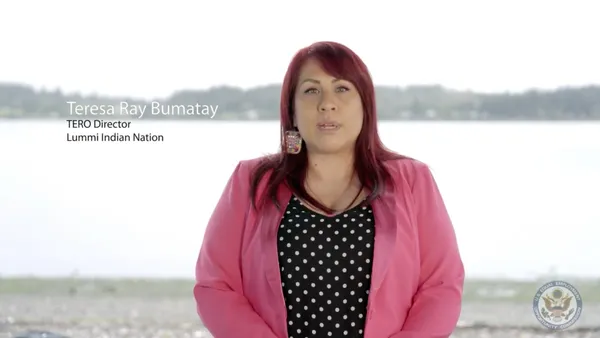Dive Brief:
- The business case for ethnic and gender diversity in top teams is "stronger than ever," according to a May 19 McKinsey & Company report, Diversity Wins: How Inclusion Matters.
- Companies in the top quartile of gender diversity on executive teams were 25% more likely to have above-average profitability than peer organizations in the fourth quartile of 2019, according to the data set based on information from 15 countries, including the U.S., and more than 1,000 large companies. This represents an increase from 21% in 2017 and 15% in 2014. Companies with more than 30% women on their executive teams were more likely to outperform those with fewer women and companies with greater ethnic and cultural diversity (first quartile) were 36% more likely to outperform peers in the fourth quartile in profitability.
- Improvement in diversity, particularly in executive teams, is experienced by companies that not only have a systematic, business-led approaches to diversity and inclusion but place a special emphasis on inclusion, the report stated. An analysis of online employee reviews provided a more candid assessment on inclusion than internal surveys, the report said. "Our research clearly shows that there is a widening gap between I&D [inclusion and diversity] leaders and companies that have yet to embrace diversity," according to McKinsey. "A third of the companies we analyzed have achieved real gains in top-team diversity over the five-year period. But most have made little or no progress, and some have even gone backward."
Dive Insight:
Now is not the time for companies to be complacent in regard to diversity, equity and inclusion efforts, according to McKinsey. While the report's data was collected before the COVID-19 crisis, the organization said it realized in speaking with C-suite leaders that the results were potentially even more relevant now.
"In this challenging context, the task of fostering I&D could easily take a back seat — and the painstaking progress made by many firms in recent years could be reversed," the firm said. "As this report shows, however, I&D is a powerful enabler of business performance. Companies whose leaders welcome diverse talents and include multiple perspectives are likely to emerge from the crisis stronger."
The report offered recommendations for companies such as strengthening leadership accountability and capabilities for inclusion and diversity; enabling equality of opportunity through fairness and transparency; promoting openness and addressing microaggressions, which can be defined as comments or actions that subtly express a prejudiced attitude toward a member of a marginalized group; and fostering belonging through "unequivocal support for multivariate diversity."
A sense of belonging can still be amplified in the workplace during the COVID-19 pandemic, according to industry experts. For example, working remotely has provided employees at Workhuman more opportunities to experience belonging, Sarah Hamilton, senior director of human resources at Workhuman, told HR Dive in a recent interview.
Telework "naturally fostered a more inclusive, welcoming and open environment where people are actually able to bring their whole selves to work," Hamilton said. "So that's been really refreshing, from my perspective." To survey what's important to employees, the company uses its Moodtracker tool to make sure employees have "what they need during these times," Hamilton said.
Employers also can make efforts to retain diverse talent by putting an emphasis on inclusion and diversity during times of crisis, Francesca Campalani, Randstad Enterprise Group vice president of global talent marketing, said in a recent webinar.
"If you really care about diversity and inclusion, this is your time to shine," Campalani said.















